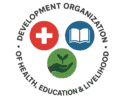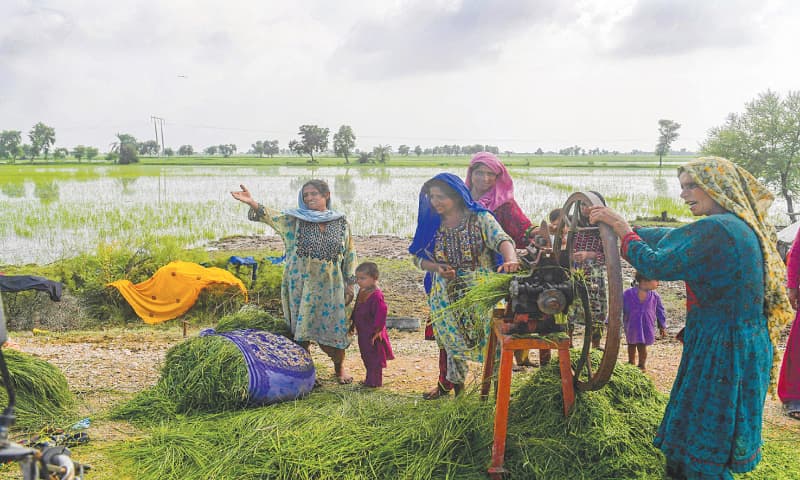
Together for a Healthier, Educated, Empowered Sindh.
Together for a Healthier, Educated, Empowered Sindh
This powerful slogan reflects DOHEL’s holistic mission to uplift communities across Sindh through healthcare access, educational support, and livelihood empowerment. It emphasizes unity, equity, and sustainable development — capturing DOHEL’s grassroots approach to transforming lives and building a brighter, self-reliant future for all.
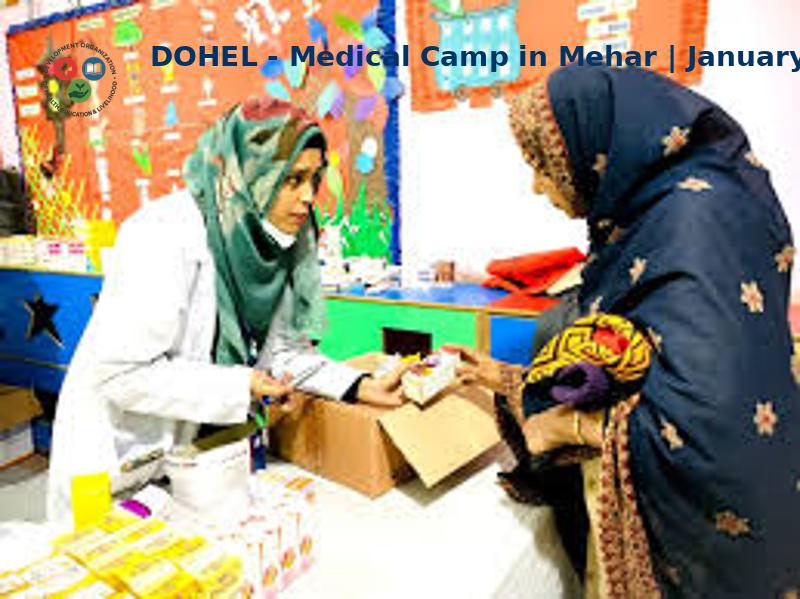
Health Impact Stories
From remote villages to urban settlements, DOHEL’s medical camps are restoring health and hope where it’s needed most. With every free check-up, every life-saving prescription, and every smile we bring back—these are more than services. These are stories of resilience, dignity, and transformation across Sindh.
Why work with us
As a dedicated NGO, we champion education, health, and livelihoods for all. Partnering with us means driving real, sustainable impact in underserved communities. We value transparency, collaboration, and innovation—ensuring every effort creates lasting transformation. Together, we can build a brighter, more equitable future for Sindh.
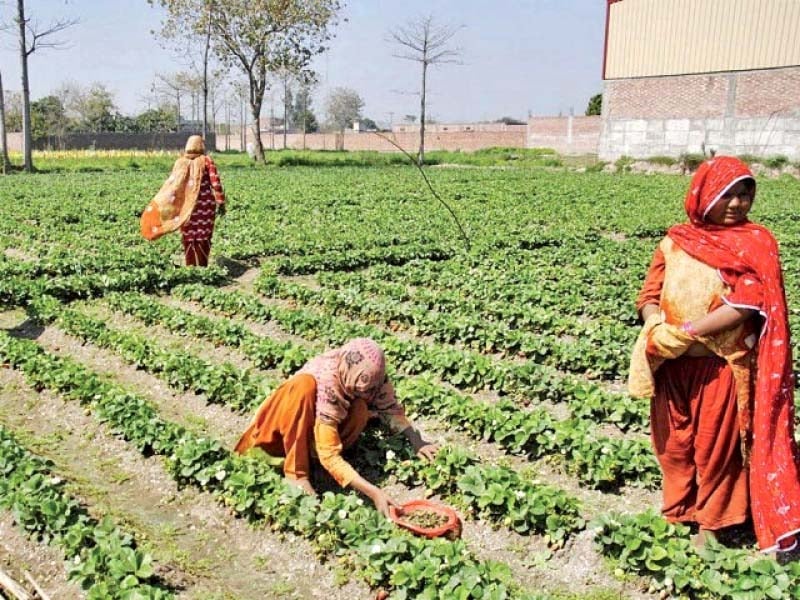
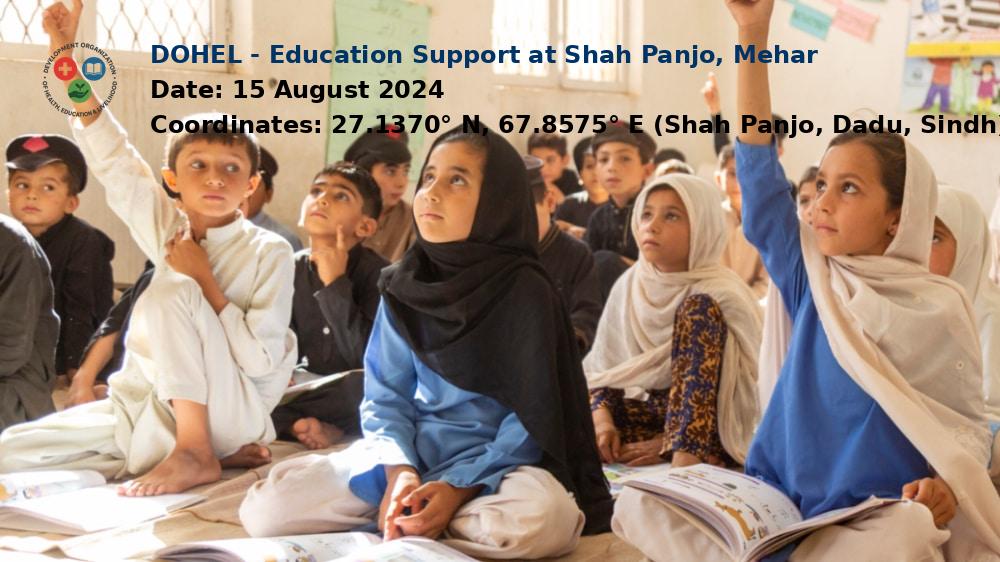
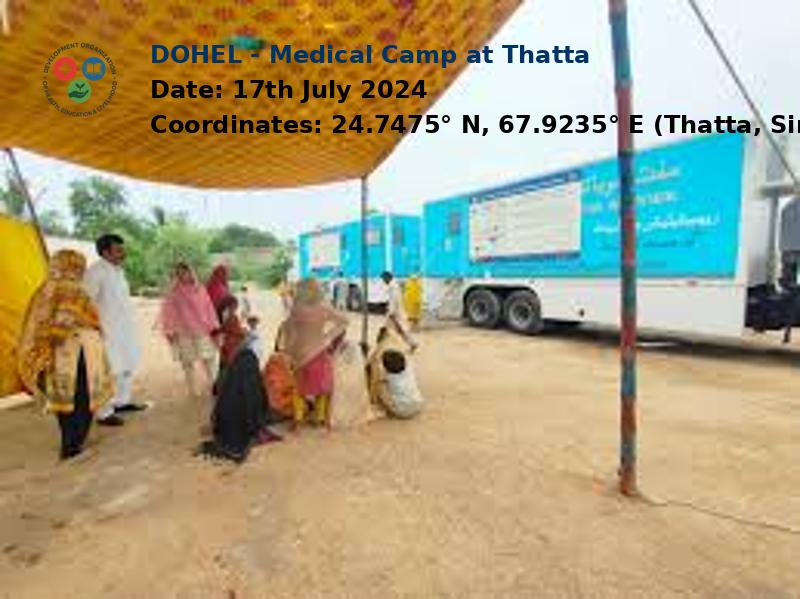
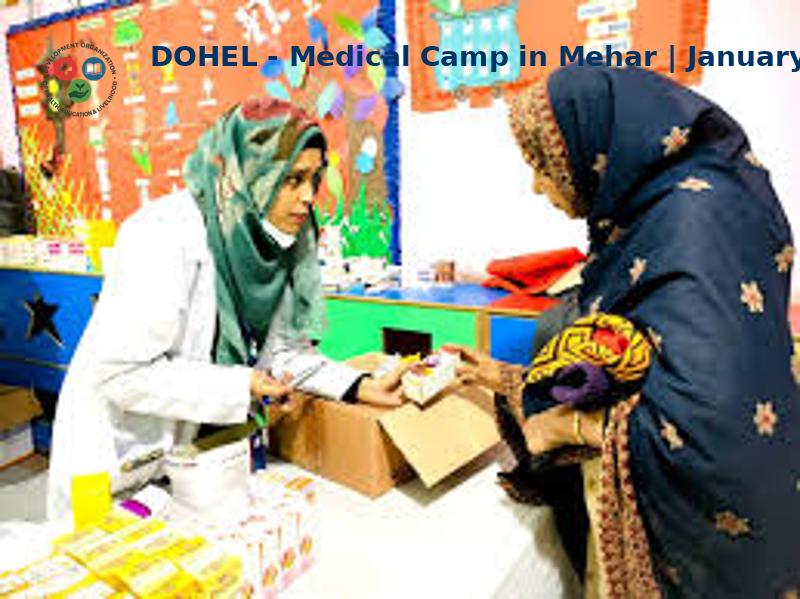
When We Teach, We Transform
On 15th August 2024, DOHEL (Development Organization for Human Empowerment & Learning) conducted a meaningful educational support activity at Shah Panjo village in Mehar. The initiative was designed to promote learning, engagement, and encouragement among primary-level students in a rural, underserved community.
The activity involved the active participation of DOHEL team members, local educators, and community volunteers. A key highlight of the event was the distribution of learning materials, including notebooks, pencils, school bags, and storybooks. Over 80 primary-level students from Government Primary School Shah Panjo received these essential supplies, aimed at supporting their academic journey and reducing the financial burden on families.
In addition to distribution, the DOHEL team conducted interactive classroom sessions focused on basic literacy, numeracy, and storytelling to create an enjoyable and participatory learning environment. Children were encouraged to express themselves, ask questions, and engage in playful learning activities. These sessions not only boosted their confidence but also helped teachers identify the students’ learning levels and needs.
Teachers and parents appreciated the initiative, noting that such activities bring motivation and renewed interest in education among students. The DOHEL team also discussed ways to improve classroom participation and emphasized the importance of consistent school attendance.
Overall, the activity successfully contributed to strengthening educational engagement at the grassroots level. DOHEL remains committed to continuing such efforts in remote areas like Shah Panjo to ensure that every child receives the right to quality education and learning support.
Voices of Recovery, Powered by DOHEL
A mobile medical camp was successfully organized in Thatta to provide essential healthcare services to patients in remote and underserved areas. The initiative aimed to bridge the gap between healthcare facilities and rural communities by bringing medical assistance directly to their doorsteps. A fully equipped mobile medical unit, staffed with a team of experienced doctors, nurses, and volunteers, visited several villages around Thatta, ensuring that even those in the farthest locations had access to basic.
During the camp, over 300 patients, including children, women, and elderly individuals, received free consultations, checkups, and treatment for common illnesses such as fever, respiratory infections, skin diseases, gastrointestinal issues, malnutrition, and blood pressure problems. The medical team also distributed free medicines and provided valuable guidance on personal hygiene, nutrition, maternal and child health, and preventive practices. Health awareness sessions were conducted to educate the community on maintaining a healthy lifestyle and recognizing symptoms that require medical attention.
The mobile camp was met with a very positive response from the local population, many of whom lack access to nearby healthcare facilities. Patients expressed gratitude for the care provided at their doorstep without any financial burden. The success of the camp highlighted the urgent need for such outreach initiatives and emphasized the importance of organizing mobile medical services regularly to improve healthcare access in rural Thatta.
From Illness to Empowerment
A one-day free medical camp was organized at the Government Girls School, Mehar on first Sunday of September with the aim of promoting health awareness and providing essential medical services to students and staff. The camp was a collaborative effort between DOHEL and the school administration of Government Girls High School Mehar.
A team of qualified doctors, female medical staff, and volunteers attended the camp, ensuring a comfortable and culturally sensitive environment for all. The services offered included general health check-ups, eye examinations, nutritional counseling, and awareness sessions on hygiene and menstrual health. Around 250 students and 15 staff members benefited from the camp.
Common health issues identified included anemia, poor eyesight, and vitamin deficiencies. Free medicines and multivitamins were distributed among the students as per the doctors’ prescriptions. In addition, basic hygiene kits were provided to promote personal cleanliness.
An interactive awareness session was also conducted to educate students about personal hygiene, balanced diets, and the importance of regular medical check-ups. The students showed great interest and actively participated in the session.
The school management appreciated the initiative and requested regular follow-up camps. The parents of students expressed satisfaction and gratitude for this health-focused initiative in a rural setting like Mehar, where access to quality medical care is limited.
In conclusion, the medical camp successfully addressed immediate health concerns and created awareness about preventive healthcare. It also highlighted the need for regular medical support in underserved educational institutions.
